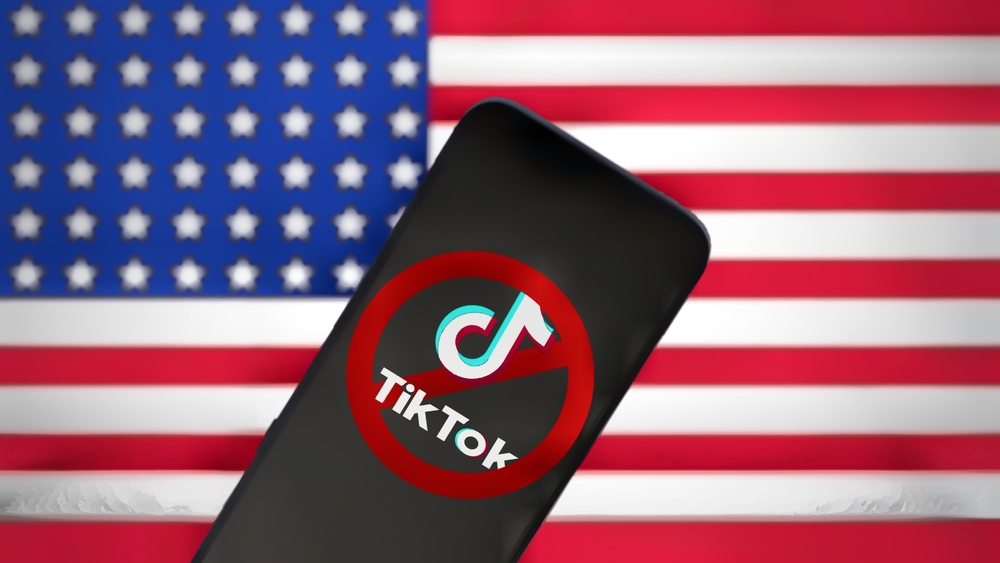TikTok has filed a lawsuit in the D.C. Circuit Court of Appeals challenging a new US law that could lead to a ban on the popular social network in the country. The company claims the government failed to adequately consider alternative solutions to the problem and violated the First Amendment of the US Constitution.
The Protecting Americans from Hostile Foreign Controlled Apps Act, passed by the US Congress, requires TikTok to split from Chinese parent company ByteDance by January 19, 2025, as reported by The Verge. Otherwise, the application will be banned in the US. Lawmakers justify the law on national security grounds, fearing that the Chinese government could access American user data or manipulate the algorithm to spread propaganda.
TikTok’s Defense and Arguments
TikTok asserts that the company provided the US government with a detailed plan to mitigate national security risks, but the plan was ignored. In court filings, the company presented hundreds of pages of correspondence with the government, including presentations to the Committee on Foreign Investment in the United States (CFIUS). These materials contain a detailed description of how TikTok’s recommendation algorithm works and a plan to limit access to data from American users.
The company describes the new law as unprecedented, arguing that Congress has never before banned a specific speech platform or silenced so many voices in one “swoop.” TikTok believes the law violates the First Amendment of the U.S. Constitution and does not meet the “strict scrutiny” standard typically applied in free speech cases. TikTok’s main arguments are that “Congress did not provide sufficient evidence for the need for the ban” and “less restrictive alternatives were not considered,” and that the law violates the free speech rights of millions of American users.
Government’s Response and Implications
The US Department of Justice responded by stating that intelligence agencies have repeatedly warned of the threat from authoritarian states that could use their technology to collect sensitive data, notes NIX Solutions. Oral arguments in the case will be heard on September 16, 2024. The subsequent court decision could have serious consequences not only for TikTok but also for the future regulation of technology companies in the United States. The situation also raises questions about how other governments should regulate foreign technology companies and protect their citizens’ data.
We’ll keep you updated on the developments in this significant legal battle and its implications for the tech industry and free speech rights.

